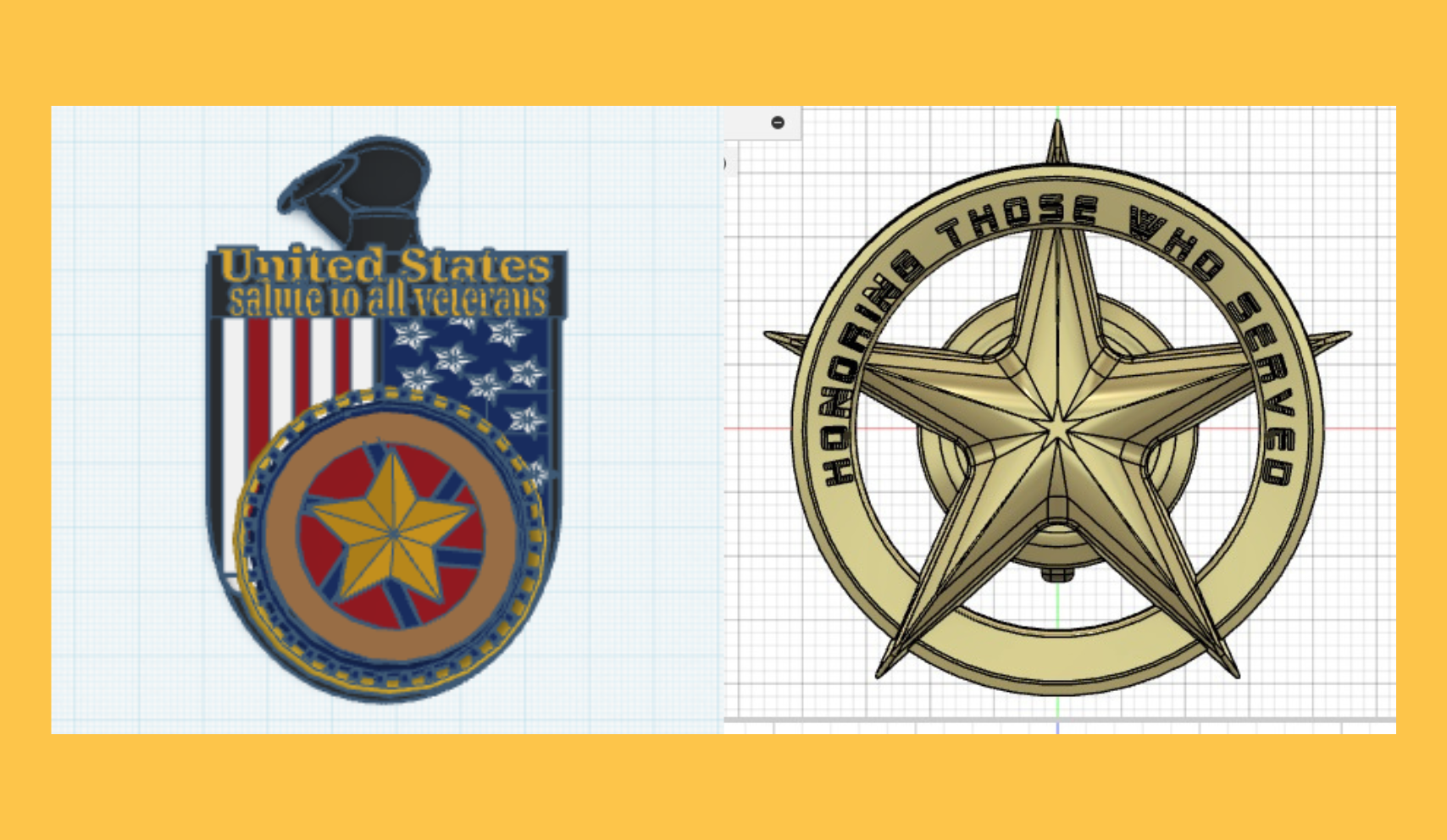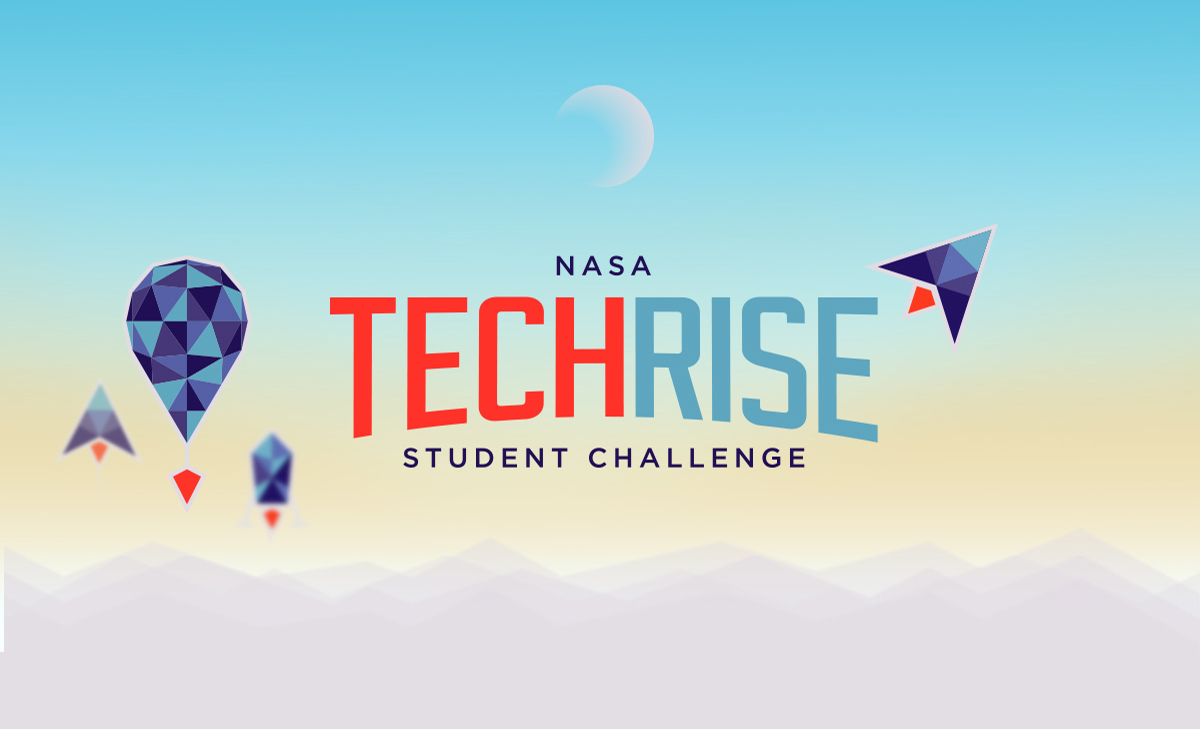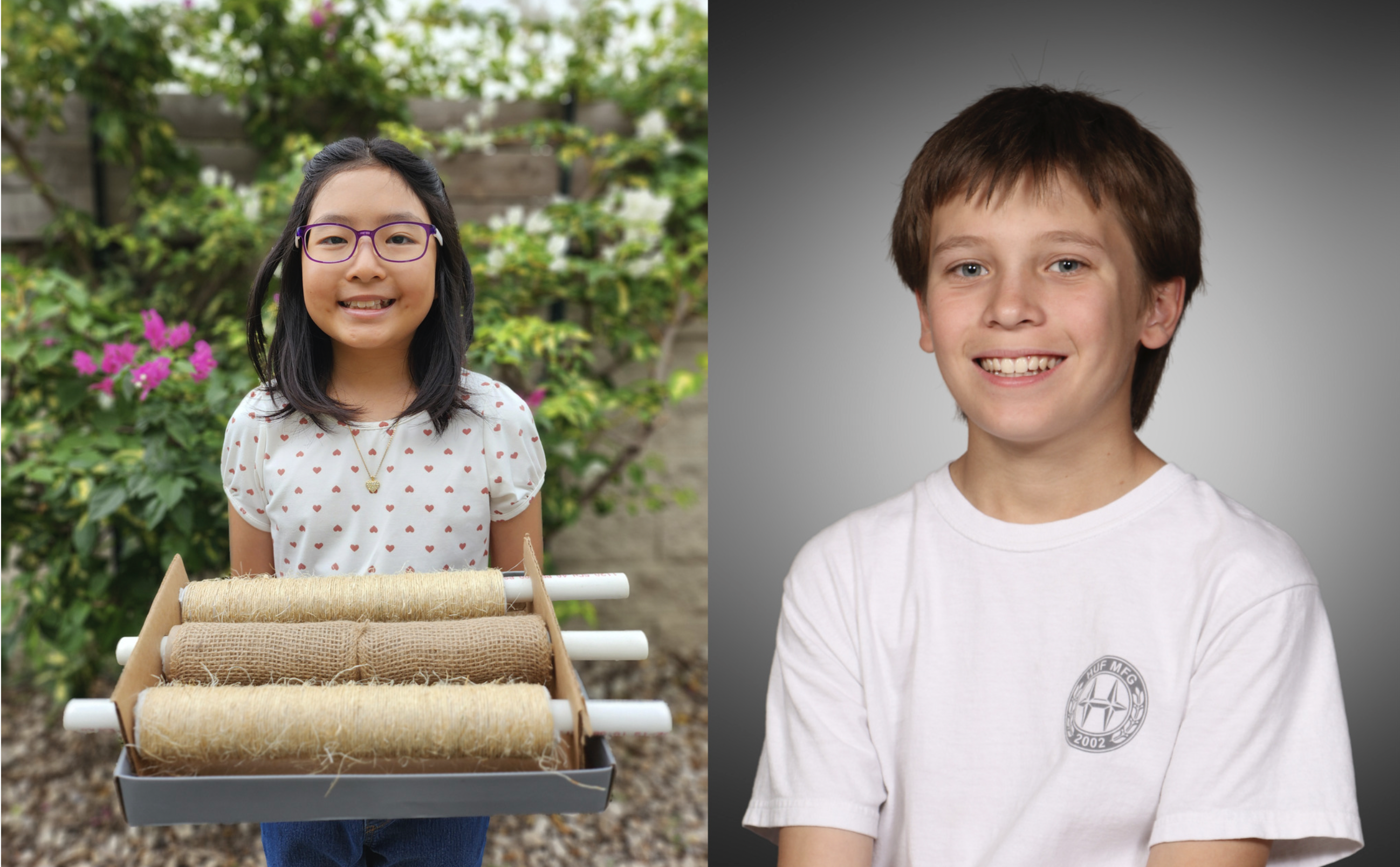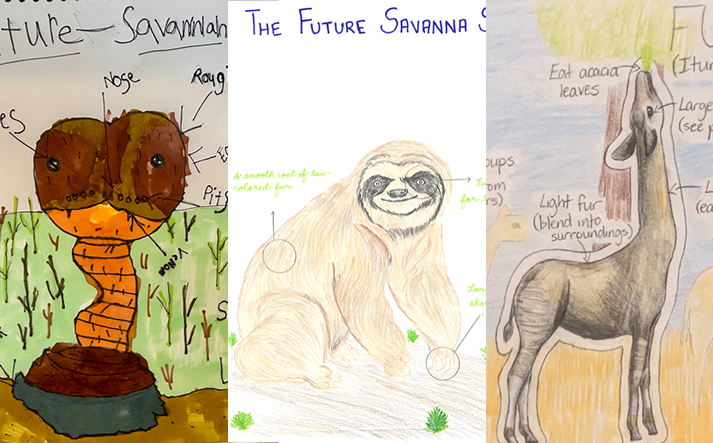Student Challenges

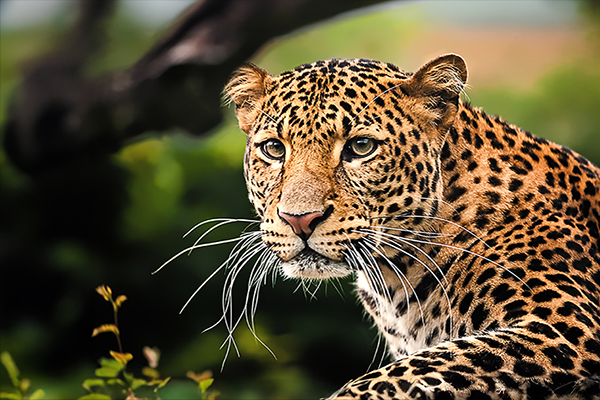
judging
in progress
Future Creatures
DRAW HOW A RAINFOREST ANIMAL MAY ADAPT IN THE FUTURE DUE TO CLIMATE CHANGE

finalists
announced
Power to Explore
LEARN ABOUT NUCLEAR "BATTERIES" THAT POWER SPACE EXPLORATION AND DREAM UP A NEW SPACE MISSION TO ANY MOON IN OUR SOLAR SYSTEM

winners
announced
AEOP Veterans Appreciation Challenge
CREATE A 3D MODEL OF A WEARABLE PIN THAT THANKS VETERANS
NEWS & PRESS
Press and MediaContact us
Thank you for your interest in contacting Future Engineers. We look forward to connecting with you!
General Inquiries
support@futureengineers.orgSponsorship Inquiries
sponsor@futureengineers.org



